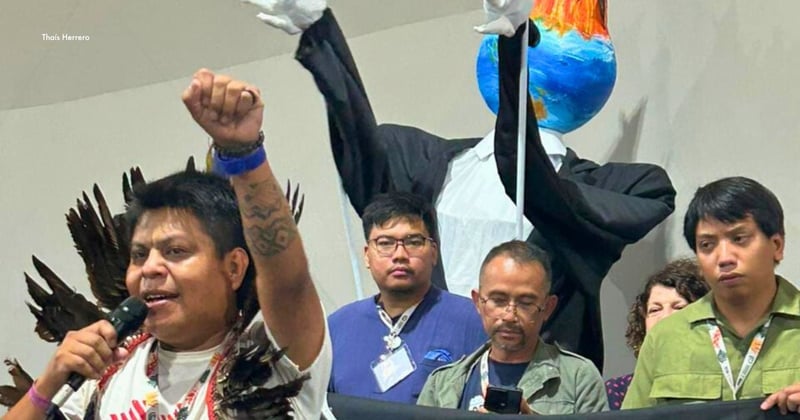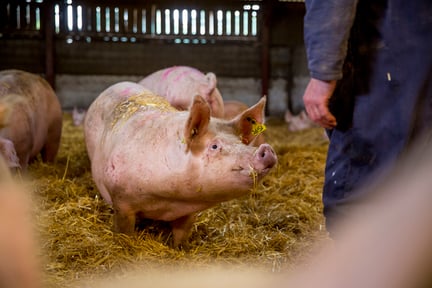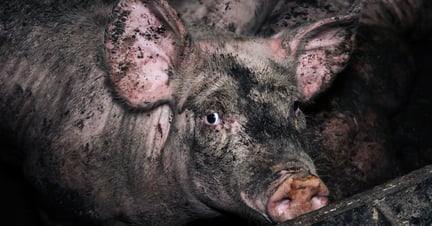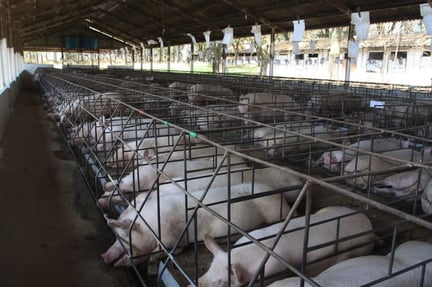
More than 300 industrial agriculture lobbyists attend COP30, including JBS suppliers driving deforestation and threatening climate solutions.
New research by DeSmog, in collaboration with the Guardian, reveals that over 300 industrial agriculture lobbyists are participating in COP30 in Belém, Brazil.
This represents a 14% increase compared with last year's summit in Baku and highlights the growing influence of corporate agribusiness in climate negotiations.
Industrial Agriculture Representation at COP30
Lobbyists at COP30 represent sectors including industrial cattle farming, commodity grains and pesticides.
Some 77 lobbyists are part of national delegations, granting them privileged access to negotiations, while six enjoy especially high-level access. Major companies represented include JBS, Bayer and Nestlé.
Industry bodies involved at the summit are responsible for a quarter to a third of global emissions, raising concerns that the interests of corporate agriculture could shape climate outcomes.
The Environmental Cost of Factory Farming
On the first day of COP30, we launched the new report: 'Subsidising Factory Farm Harm', alongside other animal welfare and environmental organisations.
This report reveals how taxpayer funds are funding intensive animal farming. Companies like JBS, which are also supported by big banks like Barclays, destroy acres of wild rainforest, contributing to deforestation and climate change.
This harmful and destructive industry causes habitat loss to animals and drives further biodiversity loss.
Our food system is disgustingly wasteful when land that could be used to grow food for humans or to protect wildlife, is instead used to plant crops to feed factory farmed animals.
JBS suppliers destroy one football field of tropical rainforest every single day, so why are we giving them the VIP treatment at COP30?
Deforestation destruction fuelled by companies like JBS is not 'feeding the world', it's breaking the planet, and wildlife, farmed animals and communities are the collateral damage.
Agroecology as a Climate Solution
Shifting focus to agroecological systems can reduce deforestation, lower emissions, and protect both wildlife and local communities.
In the climate emergency that brings us to COP, we need real and urgent solutions.
Agroecology stands in direct opposition to industrial livestock farming, a model that is destructive to nature, cruel to animals, and unjust to people.
This is the moment to scale systemic solutions that address the root causes of the crisis. No more seats for a production model that devastates ecosystems and deepens the climate emergency. No more seats for greenwashing.
Civil Society Action at COP30
In response to the growing influence of big agriculture, World Animal Protection colleagues and partners at Kick Big Polluters Out staged an action at COP30.
The demonstration took place the day after the release of the Global Methane Status Report, which points to the lack of progress due to corporate lobbying.
This protest highlighted the need to prioritise agroecology, wildlife protection and systemic climate solutions over corporate interests.



